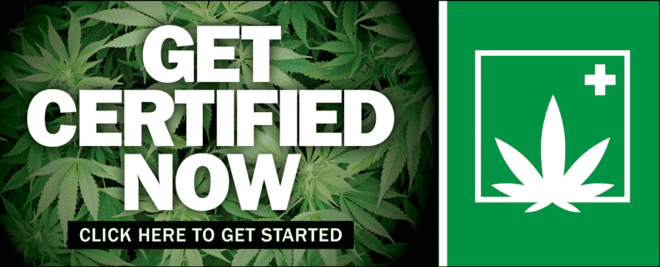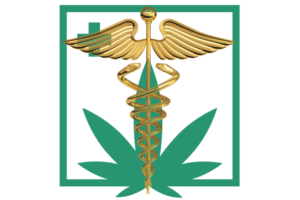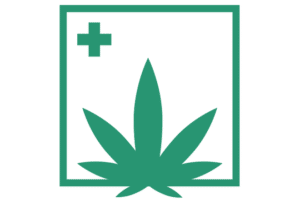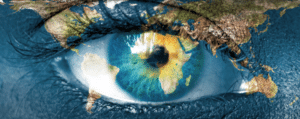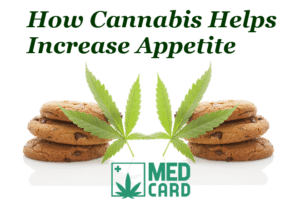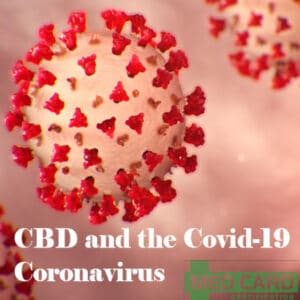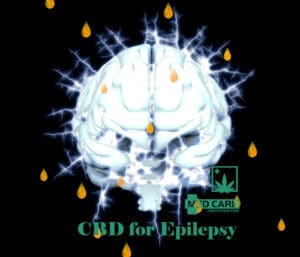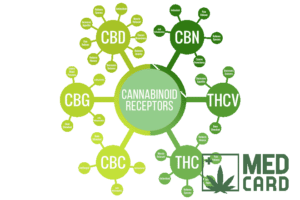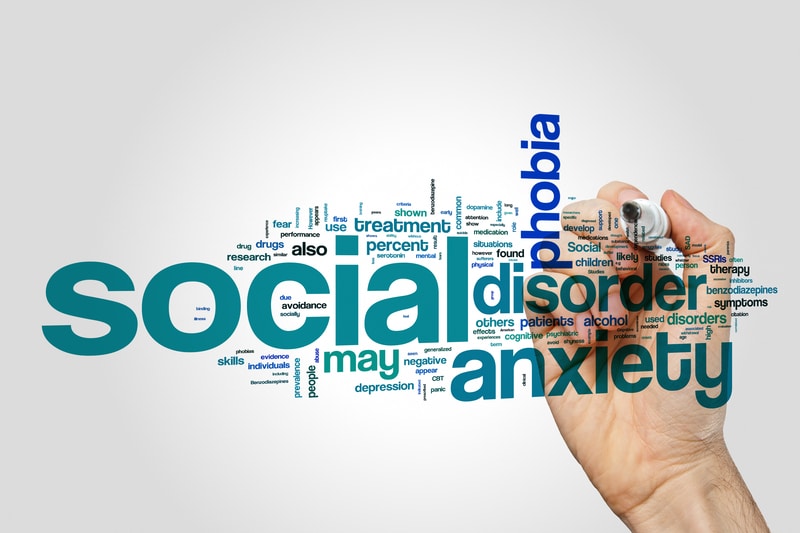
How To Use Medical Marijuana For Anxiety
- The treatment of anxiety is one of the most common reasons patients use medical cannabis.
- Products include medical marijuana and hemp-derived CBD.
- How to use medical marijuana and CBD for anxiety.
- Facts and figures related to anxiety disorders.
- Which marijuana strains are good for treating anxiety?
It’s difficult to say exactly how many people are using cannabinoid-rich hemp and medical marijuana for anxiety but the numbers are growing fast.
According to the Anxiety and Depression Association of America, more than 40 million adults in the U.S. — or about 15 percent of Americans — will suffer from some form of anxiety in their lifetime. In fact, anxiety disorders are the most common cause of mental illness in the U.S.
According to the Medical News Today Journal, factors that can trigger anxiety disorders include environmental conditions, underlying medical conditions, substance abuse, or genetic predisposition.
Oftentimes, people who suffer with symptoms of anxiety just think that they are caused by the stresses of everyday life and/or their own failures. However, more often than not, ongoing feelings of anxiety can simply be the result of a chemical imbalance in the brain.
Anxiety can arise for a number of reasons, such as experiencing violent situations, however, under normal circumstances, these feelings subside over time. It’s actually the imbalance of hormones that sets apart those who suffer from anxiety and those who have had the same experiences but do not experience anxiety.
Occasional feelings of anxiety are generally not harmful. However, chronic anxiety can get in the way of normal life. And people who suffer from anxiety disorders are up to 600 percent more likely to be hospitalized.
Anxiety can be successfully treated with medical cannabis including medical marijuana and non-intoxating hemp-derived CBD.
Although each type of anxiety manifests differently, using cannabis to bring brain chemistry back into balance has been shown to be effective in a wide variety of cases.
What are anxiety disorders?
Anxiety is not just one disease. It is actually a collection of disorders. According to the US Department of Health and Human Services, there are five major types of anxiety.
- Social anxiety disorder
- Panic disorder
- Obsessive-compulsive disorder (OCD)
- Post-traumatic stress disorder (PTSD)
- And generalized anxiety disorder (GAD)
Let’s take a brief look at each of these.
Generalized Anxiety Disorder (GAD)
More than 6.8 million adults, or about 3 percent of the US population, suffer from GAD. Women are twice as likely as men to suffer from GAD. The condition is characterized by excessive worry and sadness.
Oftentimes GAD patients who are not familiar with the condition blame their anxiety on stressful situations, however, chronic anxiety is usually the result of an underlying chemical imbalance.
Social Anxiety Disorder
Those suffering from social anxiety disorder tend to avoid social situations and public places for fear of experiencing feelings of high anxiety. More than 15 million Americans suffer from social anxiety disorder accounting for about 7 percent of the US population.
Panic Disorder
More than 6 million Americans suffer from panic attacks — almost 3 percent of the population. Panic disorder results in sudden panic attacks and feelings of intense fear.
The symptoms of a panic attack often include hyperventilation and increased heart rate, and sometimes others such as faintness, chest or back pain, and nausea. Unfortunately, women are twice as likely to suffer from panic disorder as men.
Post-Traumatic Stress Disorder (PTSD)
Almost 8 million Americans are affected by PTSD. That’s more than 3 percent of the US population. Two out of three are women.
Those who suffer from PTSD often have a history of traumatic experiences, especially exposure to violence or physical abuse such as is common among military veterans, as well as domestic abuse and rape victims. These people often have intense feelings of fear in situations that do not present danger.
Obsessive-Compulsive Disorder (OCD)
One in 100 Americans suffers from OCD — that’s more than 2 million adults. OCD causes excessive worry (obsessions) and results in repetitive behaviors (compulsions).
For example, there are OCD patients who suffer from feelings of anxiety while at work if their home is not spotless when they leave. Or it can cause people to constantly wash their hands and take other excessive actions to avoid getting germs. There are many more examples.
Anxiety Disorder Symptoms?
Anxiety disorders can manifest in a variety of psychological and physical symptoms that include:
- Increased heart rate
- Shortness of breath
- Trembling
- Sweating
- Headaches
- Back or abdominal pain
- Lethargy
- Trouble sleeping
- Mood swings
- Lack of focus
- Feelings of paranoia
Occasional feelings of anxiety are common and generally not harmful. Frequent and excessive fears and worrying brought on by these conditions can impede judgement along with the ability to function normally in daily situations.
Anxiety is being treated with medical cannabis Daily.
The resinous flower clusters of the cannabis plant produce a family of compounds known as cannabinoids. The two most common cannabinoids are THC and CBD, however, there are others such as CBG, CBC, CBN, etc. which are produced in much smaller quantities.
The human body actually produces its own natural cannabinoids. Cannabinoids produced in plants are technically called phytocannabinoids, and those produced naturally by our bodies are known as exogenous cannabinoids, or endocannabinoids for short.
Endocannabinoids are one part of a complex system of signaling molecules produced in the brain and receptors for those compounds found on the surface of cells throughout the body and major organs. The entire system is known as the endocannabinoid system, or ECS.
Scientists believe that cannabinoids produced in cannabis act through the same receptors as endocannabinoids.
For example, CBD mimics the effects of an endocannabinoid called anandamide. Anandamide regulates the production and uptake of the hormone serotonin.
People who suffer from anxiety and mood disorders often exhibit reduced levels of serotonin. Supplementing the body with phytocannabinoids such as CBD and CBG can boost serotonin levels bringing brain chemistry closer to balance.
THC, the intoxicating cannabinoid found in marijuana, has the ability to induce feelings of euphoria which can help to overcome feelings of anxiety. However, be forewarned, high doses of THC can result in feelings of paranoia in some patients. THC use can also impede work, school, physical activity, and social interaction.
Ideally, medical marijuana strains used for treating anxiety contain a balance of THC and CBD. And for some patients, CBD alone can solve their problem eliminating the problems associated with cannabis intoxication.
Can you get a medical card for anxiety?
More than two-thirds of Americans live in a state that has some form of medical marijuana program.
Unfortunately, in some of those states, anxiety is not among the list of conditions that qualify patients to obtain a medical marijuana card. On the other hand, some states permit medical marijuana doctors to decide whether or not a patient’s medical condition warrants the use of medical marijuana.
You’ll need to check the laws in your state to determine whether or not the state has a medical marijuana program and whether or not anxiety can qualify you for access to marijuana dispensaries.
List of states with medical marijuana programs here.
Alternatively, if your state does not have a medical marijuana program, there’s a good chance that you could benefit from cannabinoid-rich strains of hemp.
You can get the same products derived from hemp as from marijuana, without the THC. That includes smokable hemp flower, CBD concentrates, oils and tinctures, pills and capsules, topical creams, ointments, salves, and balms, and more.
Although CBD can often be used without interfering with work, school, and physical and social activities, cannabinoids affect each individual differently and CBD might cause lethargy in some users.

Sign Up for Medical Cannabis Today!
For potential patients, if you’re ready, we make it easy to connect with a medical marijuana doctor nearby or online. If you are interested in getting certified, please fill out the MMJ patient registration form below and press submit to get started. See if you qualify today!

MedCard Registration Form

Which marijuana strains are good for treating anxiety?
According to reports, the best marijuana strains for treating anxiety include:
- ACDC – CBD dominant
- Canna-Tsu – balanced THC/CBD
- Granddaddy Purple – THC dominant
- Jack Herer – THC-dominant
- Jillybean – THC-dominant
- Purple Urkle – THC-dominant
- Remedy – CBD-dominant
Medical marijuana patients should ask budtenders at their local dispensary which strains they carry that produce good results in anxiety patients. They might not carry these exact strains but might have others that are just as effective.
Moreover, there are some medicinal formulations that contain only purified THC and CBD (not the other compounds produced in cannabis such as terpenes) which makes these products non-strain-specific.
Which medical marijuana products are best for treating anxiety?
The type of cannabis product that’s best for treating your condition depends on a number of factors including lifestyle and the manner in which your anxiety manifests.
For patients who suffer from feelings of anxiety throughout the day, edible forms of medical marijuana or CBD are usually best. Although edibles tend to have a slower onset time they provide longer-lasting relief.
Edibles typically take a half-hour to an hour to take full effect. If you suffer from a social anxiety disorder, taking cannabis-infused edibles such as gummy candy or capsules about an hour before social activity can reduce feelings of anxiety for some.
If you suffer from a condition with sudden onset of symptoms such as panic attacks or PTSD, inhalation methods such as smoking or vaporizing dried flower or concentrates provide the fastest onset time. Atomizers and nebulizers are also available at some dispensaries.
If you’d rather not use inhaled delivery methods, you might want to try using tinctures. Tinctures are taken under the tongue where they absorb directly into the bloodstream via capillaries in the mouth.
All of these products are available with either THC (at dispensaries only) or CBD (legal in almost every state), or a combination of the two.

